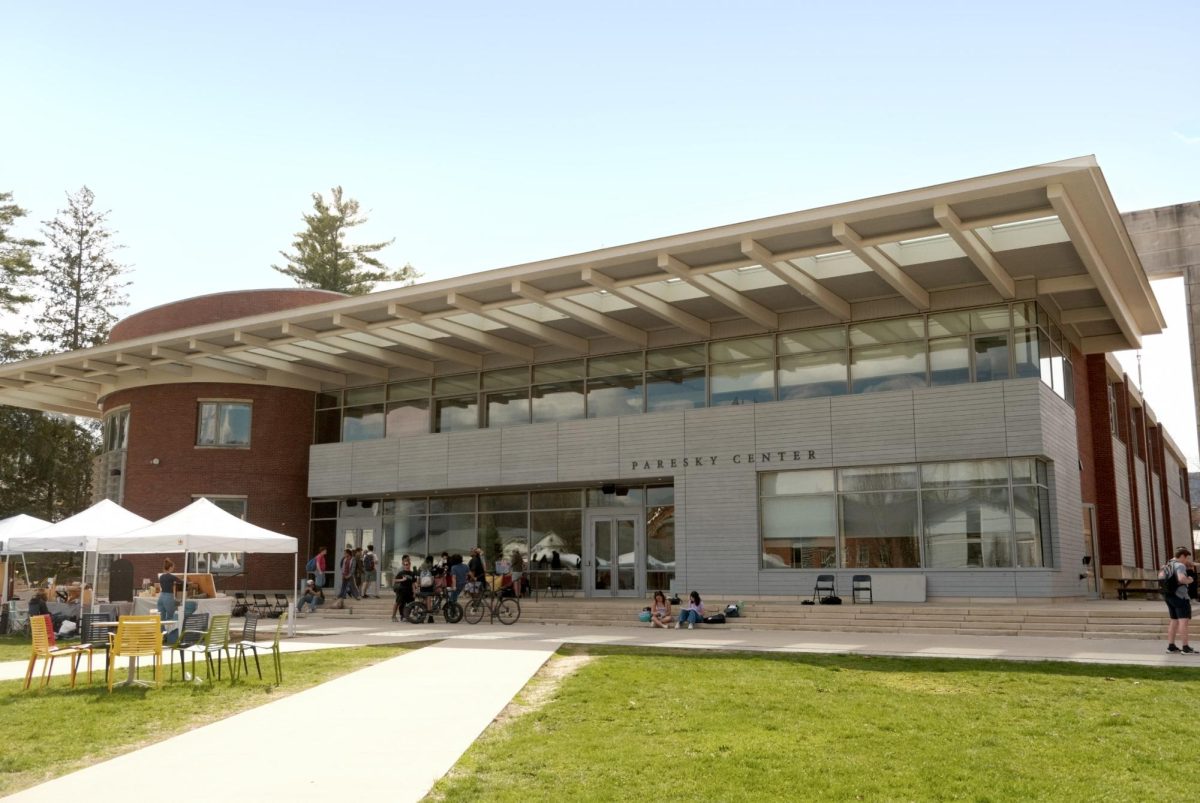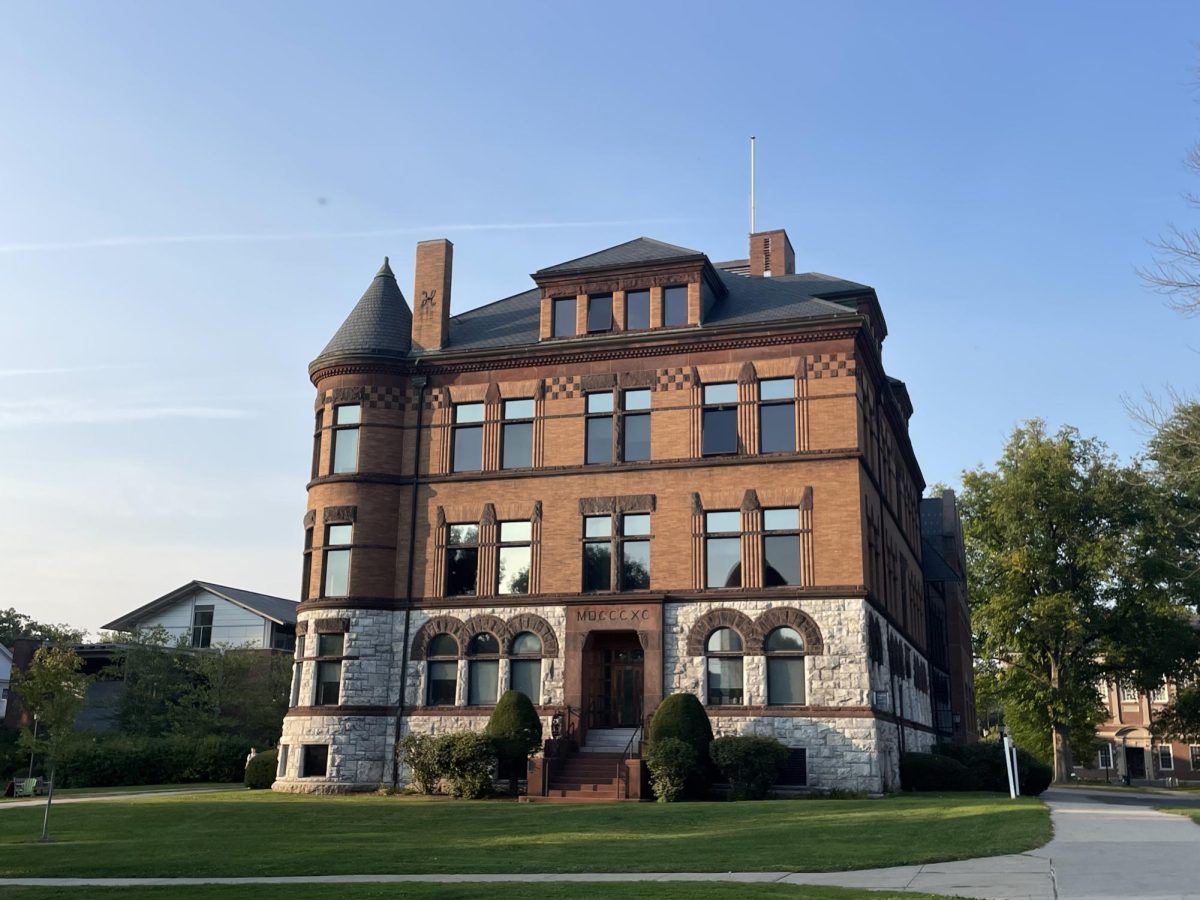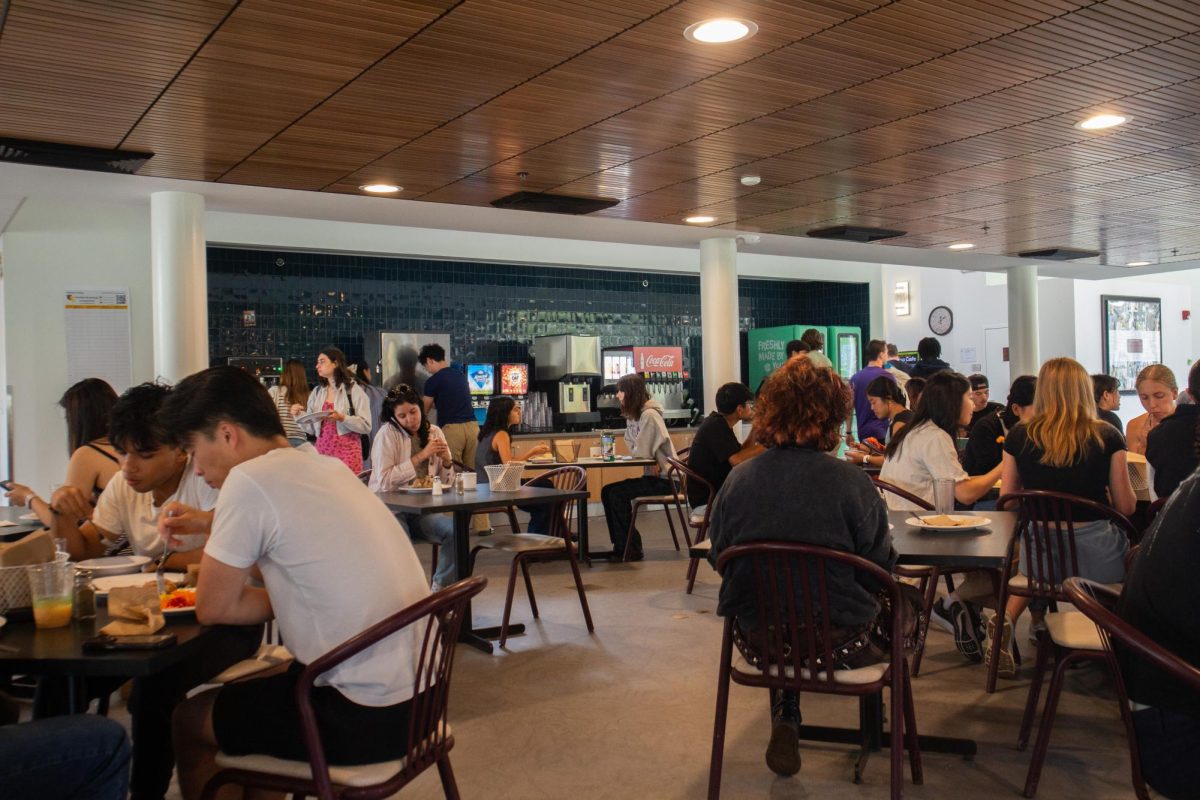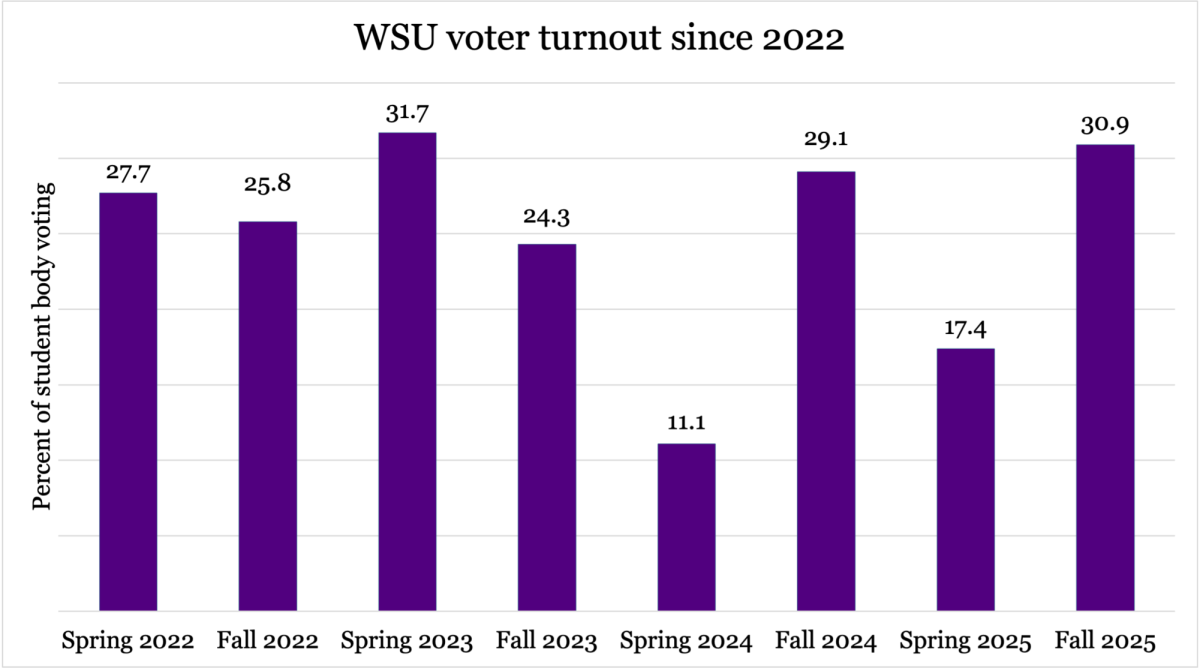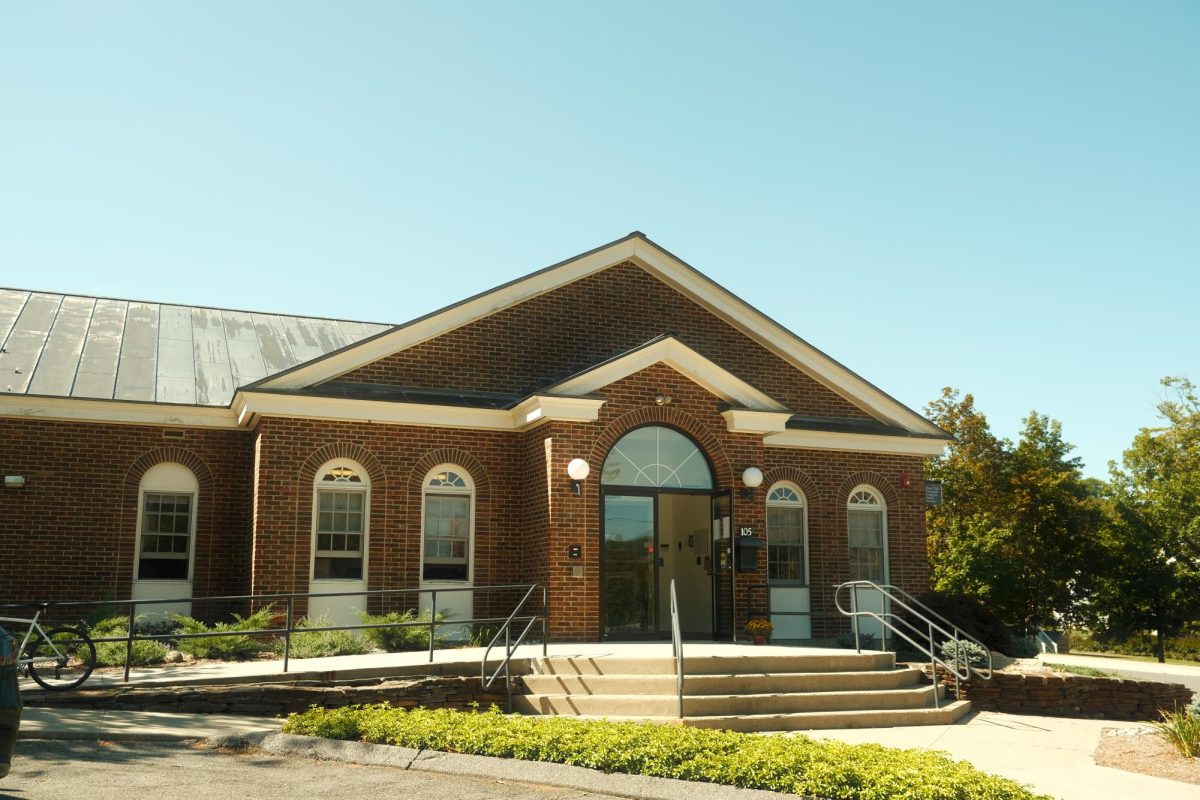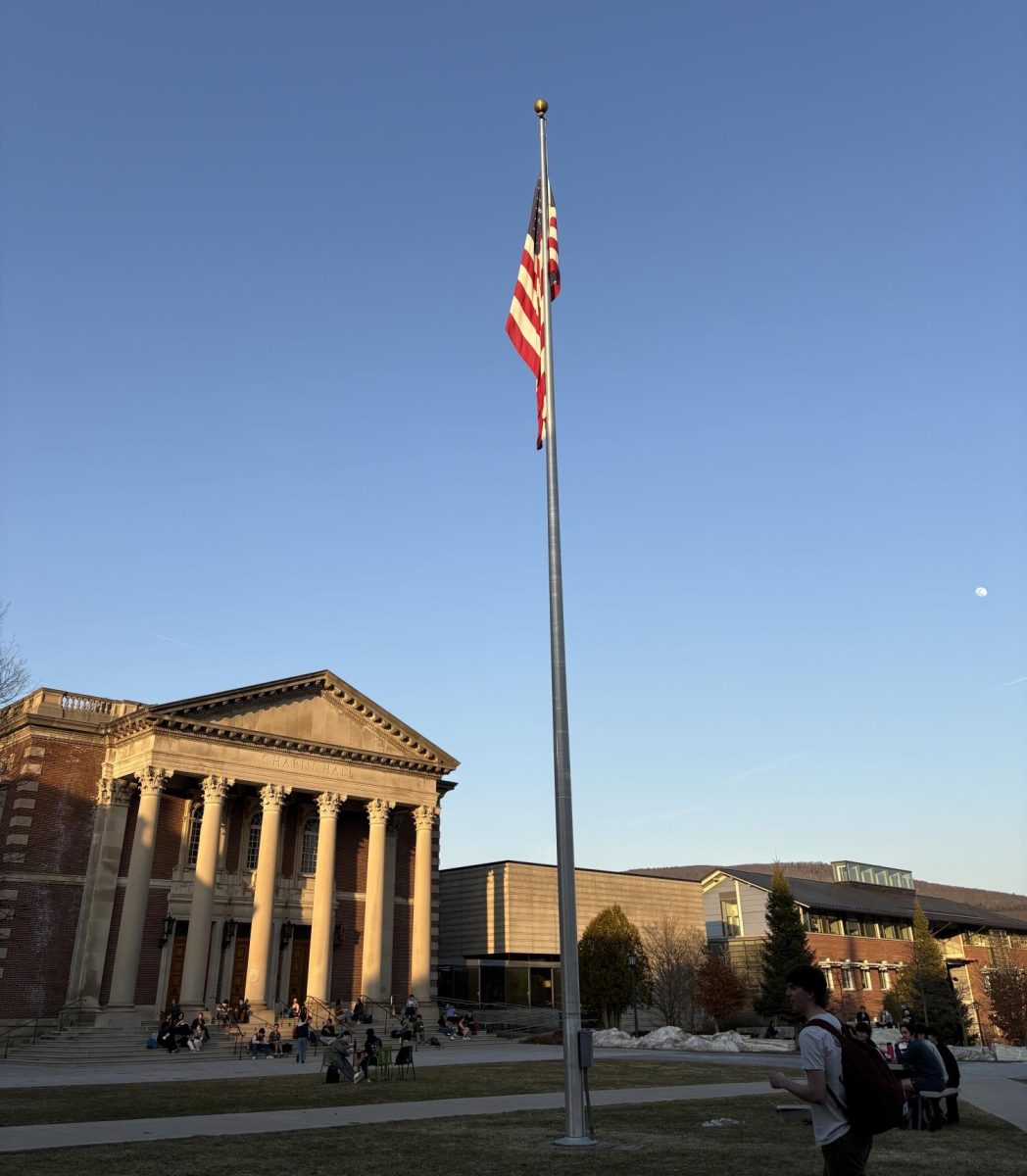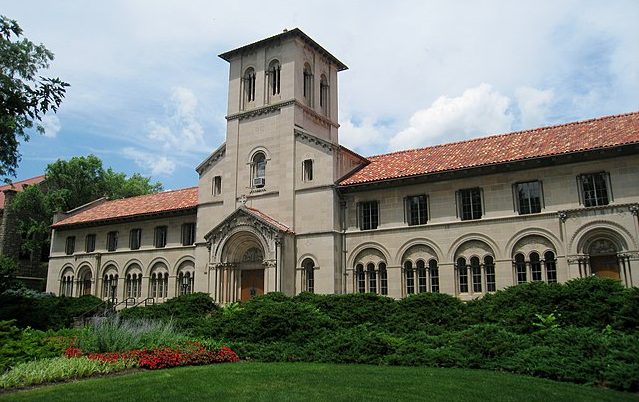
Visiting Professor of Global Studies Farid Hafez is suing Lorenzo Vidino and George Washington University (GWU), among others, in a class action lawsuit for $10 million. The suit, filed in the United States District Court for the District of Columbia on March 24, alleges that Vidino, the director of the Program on Extremism at GWU, as well as other defendants, received compensation from the United Arab Emirates in exchange for “concoct[ing] and widely publiciz[ing] a false narrative accusing Hafez of terrorist ties and Muslim Brotherhood associations despite the fact that Hafez had no credible associations with any radicalized Islamists or the Muslim Brotherhood.” Other defendants in the suit include those who instigated a raid of Hafez’s home in Austria, leading to his detention by Austrian authorities in 2020.
Vidino, President of GWU Ellen M. Granberg, and Vice President and General Counsel Charles Barber did not respond to requests for comment.
Hafez’s academic scholarship focuses on Islamophobia. At the College, he has also taught courses on religion, politics, and far-right populism in the global context. Studying Islamophobia has not always been easy, Hafez said in an interview with the Record, especially in his home country of Austria. “Continental Europe is a place where you cannot have an honest discussion about race and racism — and specifically, not about anti-Muslim racism,” Hafez said.
In October 2014, Hafez was involved in protesting the Islam Act of 2015, a piece of Austrian legislation that sought to regulate Islam, which he viewed as anti-Muslim. Following his opposition to the legislation, on Oct. 31, 2014, Hafez became aware of Vidino and his claims that Hafez was connected to the Muslim Brotherhood. Initially, Hafez was only aware of indirect links made between him and what is known as a terrorist organization in some countries. Hafez alleged that Vidino illustrated indirect links between the Muslim Youth of Austria, which Hafez had co-founded fifteen years earlier, and the Muslim Brotherhood. Additionally, Vidino participated in interviews with news organizations closely tied to the Austrian government, where he connected opposition to the Austrian Islam Act of 2015 with the Brotherhood, Hafez said. However, in 2017, Hafez was alleged to be directly connected to the Muslim Brotherhood in Vidino’s report, “The Muslim Brotherhood in Austria.”
The Muslim Brotherhood was founded in Egypt in 1928. The group is most known for its political activism and social welfare programs, according to the Council on Foreign Relations. The Egyptian government named the group a terrorist organization following widespread political opposition by the Brotherhood in 2013. Saudi Arabia and the United Arab Emirates have since followed suit. Former President Donald Trump called for the United States to add the group to the State Department’s list of terrorist organizations but was unsuccessful. Hafez said that according to political science literature, the group does not typically use violence as a means for achieving its goals, so most countries do not label it as a terrorist group, but farright conspiratory groups in the United States even linked former President Barack Obama to the Brotherhood.
In 2020, Hafez was investigated by the state prosecutor of Graz, the second-largest city in Austria, as a suspect of terrorism. The basis of the investigation was Vidino’s aforementioned report, Hafez told the Record. He described the report as portraying that “people who speak about Islamophobia are Islamists and a tool of the Muslim Brotherhood.” The report was published by GWU and quoted 14 times in the search warrant allowing Austrian police forces to enter Hafez’s home on Nov. 9, 2020, at 5 a.m., Hafez said. The raid of Hafez’s home was part of a larger campaign by the Austrian government called Operation Luxor, which aimed to “cut off the roots of political Islam.” The accusations against Hafez caused a major hit to his reputation as well as the freezing of his bank account and all assets by the state prosecutor, he said.
At first, the government labeled Operation Luxor a success. However, as pushback to the raids grew, in an effort to escape blame, government officials would not name the responsible parties, Hafez alleged. Vidino is still a member of the advisory board of the Austrian state-funded Documentation Center Political Islam, a group that has “instituted a number of anti-Muslim policies” alongside government agendas.
An Austrian appellate court later ruled that the raid of Hafez’s property and his detention were unlawful. Until the case was dropped in January 2023, Hafez did not have access to his bank accounts or assets, he told the Record. “I was exonerated,” he said. “There was no legal basis for the raid itself, but the Austrian government does not want to face the wrongdoings.”
In the complaint, Hafez alleged that there were bigger forces at play behind his detention and legal troubles than the Austrian police and Vidino. Another case in the D.C. District Court, Nada et al. v. United Arab Emirates et al. also relies on a March 2023 New Yorker investigation covering documents that were released by unnamed actors after they hacked into years of communications between a Swiss detective firm called Alp Services and the Emirati government. The lawsuit alleges that the documents outlined their plans to spread disinformation about both Hafez and Hazim Nada’s connection to the Muslim Brotherhood and that Vidino’s academic background “provide[d] a veneer of respectability to Alp’s false claims accusing Dr. Hafez of being a Muslim Brotherhood associate and providing these false claims the illusion of academic rigor.”
While Hafez’s case focuses on Vidino and GWU, if the suit ends in a plaintiff’s verdict, Hafez could stand to receive damages from named defendant Ariaf Studies and Research LLC, an Emirati entity. The lawsuit alleges that “[t]he UAE and its officials … operated as an association-in-fact enterprise that leveraged a network of co-conspirators — private operatives, paid ‘journalists,’ and a professor at The George Washington University in Washington, D.C., among many others — to smear dozens of innocent victims.”
The suit alleges violations of the Racketeer Influenced and Corrupt Organizations Act (RICO) and the Foreign Agents Registration Act (FARA). According to the complaint, defendants GWU and Vidino engaged in a conspiracy to “defraud authorities, academia, and the fourth estate while holding themselves out as independent and objective academic actors.” Furthermore, Vidino and GWU did not register their cooperation with the United Arab Emirates, violating FARA, the suit alleges.
“We need to recognize that Islamophobia, just like antisemitism, racism, or any other bigotry, is unacceptable in this country… This type of propaganda is dangerous, and there must be consequences,” David Schwartz, Hafez’s lawyer, wrote in an email to the Record.
Hafez underscored the “personal trauma” that the experience has left him with. “If police forces storm your house, destroy your entry door, put gunpoint at you — I was not able to sleep a full night in my house for six to nine months,” he said. “This has significantly impacted me.”



